An AMH test measures the levels of anti-müllerian hormone in the blood and helps assess the ovarian reserve. It’s often performed in fertility clinics to help assess how your ovaries may respond to a hormone stimulation. Here we’ll explore what AMH is, how to test for it and what limitations it has.
What is AMH?
Females are born with all of the eggs they’ll ever have – roughly 1–2 million. By the time they’ve finished puberty, most people lose roughly 1,000 eggs each month (only one egg is ovulated, but more are lost in the process). AMH is a hormone produced inside the follicles of your ovaries that contain your eggs. As the number of eggs you have declines with age, so will the levels of AMH in your blood. Doctors use AMH levels to estimate how many potential eggs are left – this is known as the ovarian reserve.
How do you test your AMH levels?
In a fertility clinic:
If you attend a fertility clinic for an assessment it will normally include an AMH blood test, an ultrasound scan to count the number of follicles in your ovaries and a consultation with a fertility specialist. The results of your tests will be discussed in the consultation along with your medical history and lifestyle. The specialist will discuss your fertility status and advise if there are any changes you could be making to your lifestyle to improve your overall health and your fertility.
At home:
There are a few companies that offer home testing of AMH levels, and you can order online and receive your test kit within a few days. A blood sample is collected through a finger prick test and you post your kit to a testing laboratory. Results are often provided within a few days and can include a report, but they don’t always include a consultation with a medical professional.
What do the results mean?
Your AMH results would be presented as a number, but there would also be an indication if they’re in a low, normal or high range.
Low level:
A low level of AMH typically means that there aren’t many eggs left in your ovaries.
This could also mean that the ovaries may not respond well to a hormone stimulation for egg freezing or in vitro fertilisation (IVF). But it doesn’t mean you can’t get or will have difficulty getting pregnant.
Normal level:
A normal level of AMH means that your result is within the reference range for females in your age group.
High level:
If your blood shows a very high level of AMH it could be an indicator of polycystic ovarian syndrome (PCOS). It could also mean a potential high response to hormone stimulation for fertility treatment and lower doses may be advised to reduce the risk of any severe side effects.
Limitations of AMH testing
While AMH is widely used to give an indication of ovarian reserve and predict the response of a hormone stimulation for fertility treatments, it doesn’t give any indication of egg quality or predict your chances of getting pregnant. There is, however, a correlation between AMH levels and the likelihood of a successful IVF treatment cycle. Your chances of conceiving are also influenced by many factors including your age, lifestyle and health.
AMH results can also be affected by outside factors such as taking hormonal contraception, how the sample is taken, the time between blood sample and analysis and how the sample is analysed. Therefore, it is important you consider using a service provider or laboratory you know to be reliable. AMH can vary slightly month to month, but does not tend to fluctuate markedly and generally follows a downward trend over time.


Share:
Semen analysis
Handling fertility treatments and work